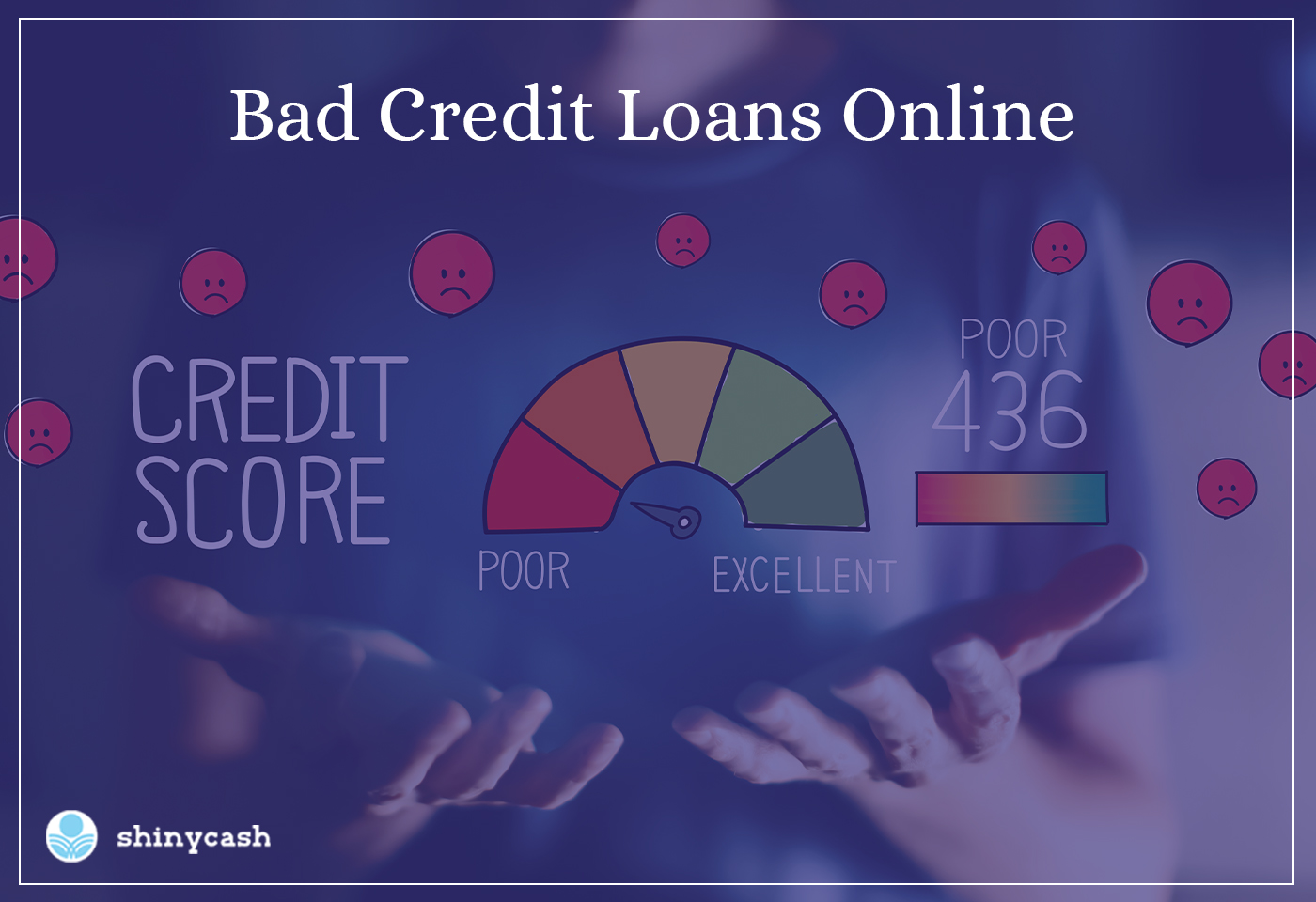Installment loans are funds borrowed from direct or indirect lenders that are repaid in equal parts over a period of time. They're different from traditional loans and lines of credit by the way they are acquired, used and repaid. Credit lines allow you to choose how much money you want to use and how much you want to repay. They don’t have fixed payments or timeframe, rather periodic minimum payments. The requirements of qualification and approval procedure are quite elaborate and long. Plus, they aren’t always accessible to people with poor credit history.
In contrast, installment loans are available to borrowers with all kinds of credit, from excellent to bad. This type of loan is a common personal loan that has terms from around two to five years and can be used for almost anything, whether you are responding to a financial emergency, making a big purchase, or want to consolidate debt. Rates on installment loans vary and the rate you receive exclusively depends on your credit score and income.
Installment Loans and Credit History
You should be skeptical of lenders offering installment loans without performing a credit check. Such no-credit-check installment loans include sky-high interest rates and additional fees that make the loan less affordable in the long run. Requesting an installment loan will, at the end of the day, require a credit check. If you take your loan using a loan-connecting service, you don’t have to worry that your credit will be checked multiple times. Most loan-connecting services perform a soft inquiry, which doesn’t impact your score. And only if you follow up with a direct lender will you go through hard pulls, which will temporarily reduce your credit score. Even so, the effect of hard inquiry, when the lender requests a full copy of your credit report from one or more credit bureaus, is usually minimal and very short-lived. And it’s only performed once during your loan acquisition process.
Practically all traditional lenders are reporting your loan to at least one credit bureau. Therefore, an installment loan with us is a safer bet if you don’t want any risk to your credit score. It won’t impact your score negatively, if you don’t fail to make all your payments on time. The more long term impact of an installment loan on your credit score may actually turn out to be positive, if you use your loan wisely. Mainly, if you decide to use the loan to consolidate your remaining debt, in time your credit utilization will be reduced, which will also help improve your credit score. But if you are late on your payments, your credit score will stay intact.
How to Avoid Credit Score Decline
Before taking out an installment loan or any loan in general, we suggest you come up with a budget to be able to make full and timely monthly repayments, try dedicating at least 20% of your income to paying off your debts. Treat the loan as an opportunity to increase your credit score and gain easier access to better terms for your future loans. By taking any form of credit, take precautions to ensure it fits your financial goals and won’t make your situation worse. Installment loans have benefits as well as disadvantages over other forms of credits. Educate yourself about instalment loans, consider the pros and cons and don’t request it if you’re in doubt. Monitor your score. Work on it, do whatever is in your power to improve it! The higher your credit score the better rates you get, which means less interest costs. Scroll through your offers for the best rate. Once you submit your request and get approved lenders will start reaching out to you. Compare options from multiple lenders - compare loan terms, all available conditions, find out if they are going to report repayments to credit bureaus or if they have a specific plan of action to correct you in case you fail to pay. Have a working plan to pay off. Again, budgeting is key. If you don't already have one, create your budget and manage your accounts, eliminating all the unnecessary expenses. Once you create your plan, stick to it!








.jpg)
.jpg)

.jpg)